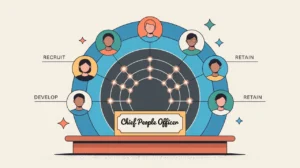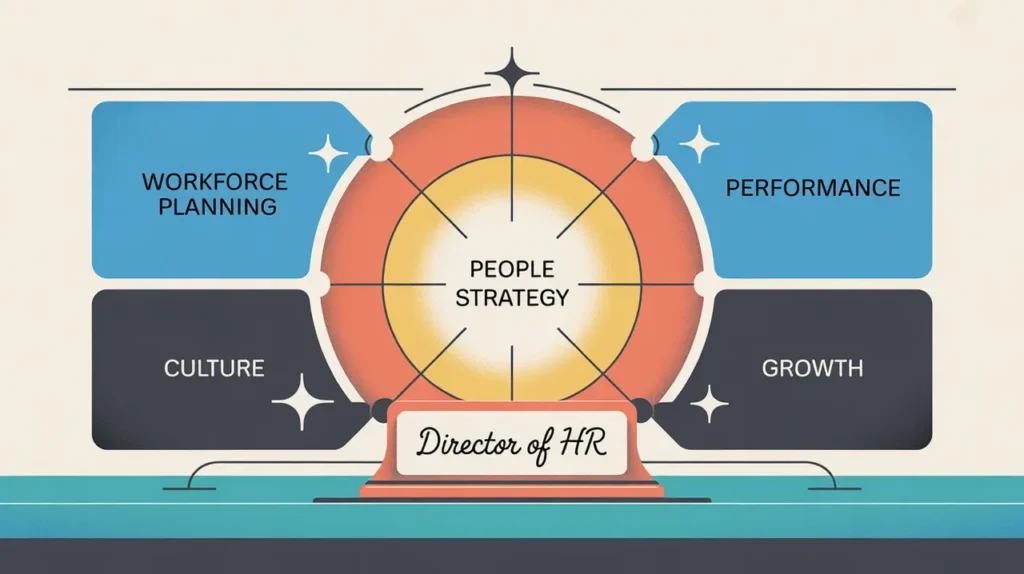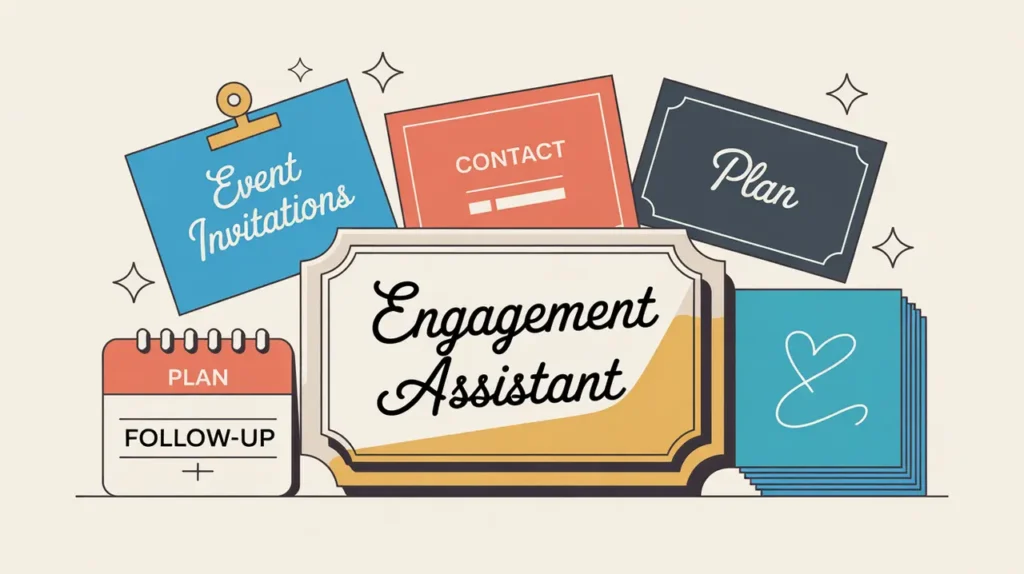What Does the Recruitment Officer Role Involve?
A Recruitment Officer is responsible for managing and executing recruitment processes to attract, evaluate, and hire qualified candidates that meet organizational needs. They handle end-to-end recruitment activities for assigned roles, from job postings and sourcing to interviews, selection, and onboarding coordination. Their work ensures that recruitment processes are professional, timely, and aligned with organizational policies and strategic priorities.
In nonprofits and social enterprises, Recruitment Officers play an important role in building strong teams that can deliver on mission, while ensuring hiring practices are transparent, equitable, and compliant with regulations.
At What Level does this Role Operate?
Mid Level: Recruitment Officers typically operate with a moderate degree of autonomy, reporting to a Recruitment Lead, HR Manager, or Talent Acquisition Manager. They manage recruitment for multiple roles simultaneously, coordinate closely with hiring managers, and may supervise clerical staff or interns supporting recruitment activities.
Relative Employability: Recruitment Officer roles are common across nonprofits, NGOs, foundations, and social enterprises of varying sizes. As talent needs grow and hiring becomes more competitive, organizations increasingly rely on skilled officers to manage recruitment pipelines effectively.
Relative Pay Scale: Recruitment Officers generally occupy the mid pay band, sitting above clerical and assistant roles but below lead or managerial positions. Their compensation reflects their operational and strategic contributions to the talent function.
What are the Key Responsibilities and Activities?
- Manage end-to-end recruitment for assigned roles, including job postings, sourcing, screening, interviewing, and selection
- Draft clear and inclusive job descriptions and advertisements in collaboration with hiring managers
- Source candidates through job boards, networks, referrals, and proactive outreach strategies
- Coordinate and conduct candidate screenings and interviews, ensuring consistent and fair evaluation processes
- Manage candidate communications throughout the recruitment cycle to ensure a positive experience
- Maintain accurate candidate records and recruitment data in applicant tracking systems or HR databases
- Support hiring managers in decision making by preparing candidate summaries and facilitating panel discussions
- Monitor recruitment timelines to ensure hiring needs are met efficiently
- Contribute to process improvements and recruitment strategy development
What Core Competencies and Qualifications are Needed?
Required Qualifications and Experience
The following reflect common qualifications and experience expected for this role, while recognizing that pathways may vary by context, organization, and region.
- Relevant academic background in human resources, business, organizational development, or related fields
- Several years of experience in recruitment or talent acquisition, preferably within mission-driven organizations
- Proficiency with applicant tracking systems, sourcing platforms, and recruitment databases
- Understanding of labor laws, recruitment policies, and inclusive hiring practices
- Strong communication and organizational skills
Key Competencies
- Ability to manage multiple recruitment processes simultaneously
- Strong interpersonal and stakeholder management skills
- Clear and professional communication with candidates and hiring teams
- Analytical skills to assess candidate fit and recruitment metrics
- Organizational skills to maintain accurate records and timelines
- Commitment to equitable, transparent, and inclusive hiring practices
How are AI and Automation Shaping this Role?
An AI-native Recruitment Officer can use AI tools to automate candidate sourcing, screening, and interview scheduling. Predictive analytics can help identify the best-fit candidates faster, while chatbots and automated workflows can improve candidate engagement and reduce administrative tasks. AI can also help monitor diversity metrics and flag potential bottlenecks in the hiring process, allowing officers to focus more on relationship building and strategic decision making.
What Career Pathways and Transferable Skills are Associated with this Role?
Recruitment Officers can progress to roles such as Recruitment Lead, Talent Acquisition Manager, HR Manager, or Organizational Development Specialist. Their skills in sourcing, candidate evaluation, and process management are transferable to broader HR functions, workforce planning, and talent strategy roles. Over time, they may specialize in areas such as executive search, diversity recruitment, or international talent acquisition.







